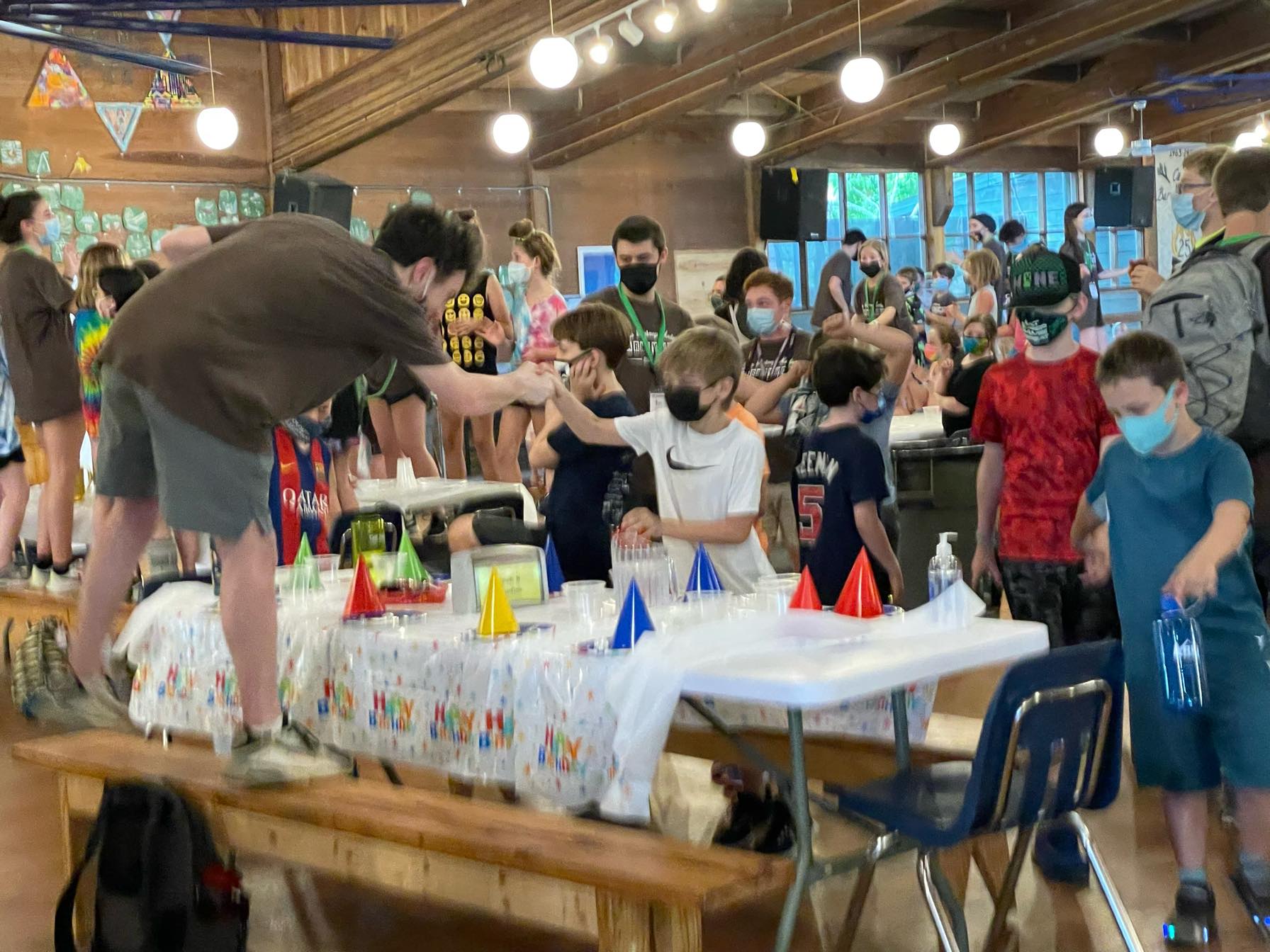
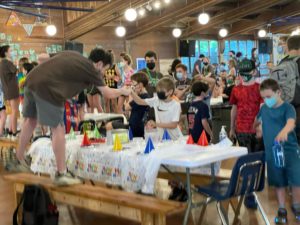 Federation’s Jewish Camp initiative has lots to celebrate as 2022 summer camp season approaches. As of mid-May 2022, our generous donors have raised $960K to help send nearly 700 kids to overnight Jewish camps. Atlanta kids aren’t just going to Jewish camps in our region, they will be attending 38 FJC (Foundation for Jewish Camp) affiliated camps across North America!
Federation’s Jewish Camp initiative has lots to celebrate as 2022 summer camp season approaches. As of mid-May 2022, our generous donors have raised $960K to help send nearly 700 kids to overnight Jewish camps. Atlanta kids aren’t just going to Jewish camps in our region, they will be attending 38 FJC (Foundation for Jewish Camp) affiliated camps across North America!
One grateful scholarship family said: “My family and I cannot thank you enough for your generous support. It has been an extremely difficult year and our daughter would not be going to camp without this help. This is the first time she has ever liked a sleep away camp, so we are thrilled to be able to send her back for a second summer! Thanks again for all of the hard work you do!”
Here’s how the funding breaks down:
- One Happy Camper Grants: $275,550 to 363 campers
- Needs Based Scholarships: $671,868 to 319 campers
- Russian Speaking Jewish Access Grants: $12,000 to 11 campers
“Todah rabah! We are so incredibly grateful for this gift. You have truly made camp happen for our son. Thank you for helping us send our child to camp, it truly is his happy place.”
“Wow! I am overcome with emotions right now and am beyond grateful for this generous scholarship! It definitely alleviates the financial stress, allowing me to feel at ease with sending my daughter to camp this summer!! She had the most amazing experience as a first-time camper last year and really wanted to go back this summer! Please know that I am forever grateful. I know her Jewish camp experience will only help nurture her connection to Judaism and to becoming more connected the community in Atlanta. Thank you thank you so very much!”
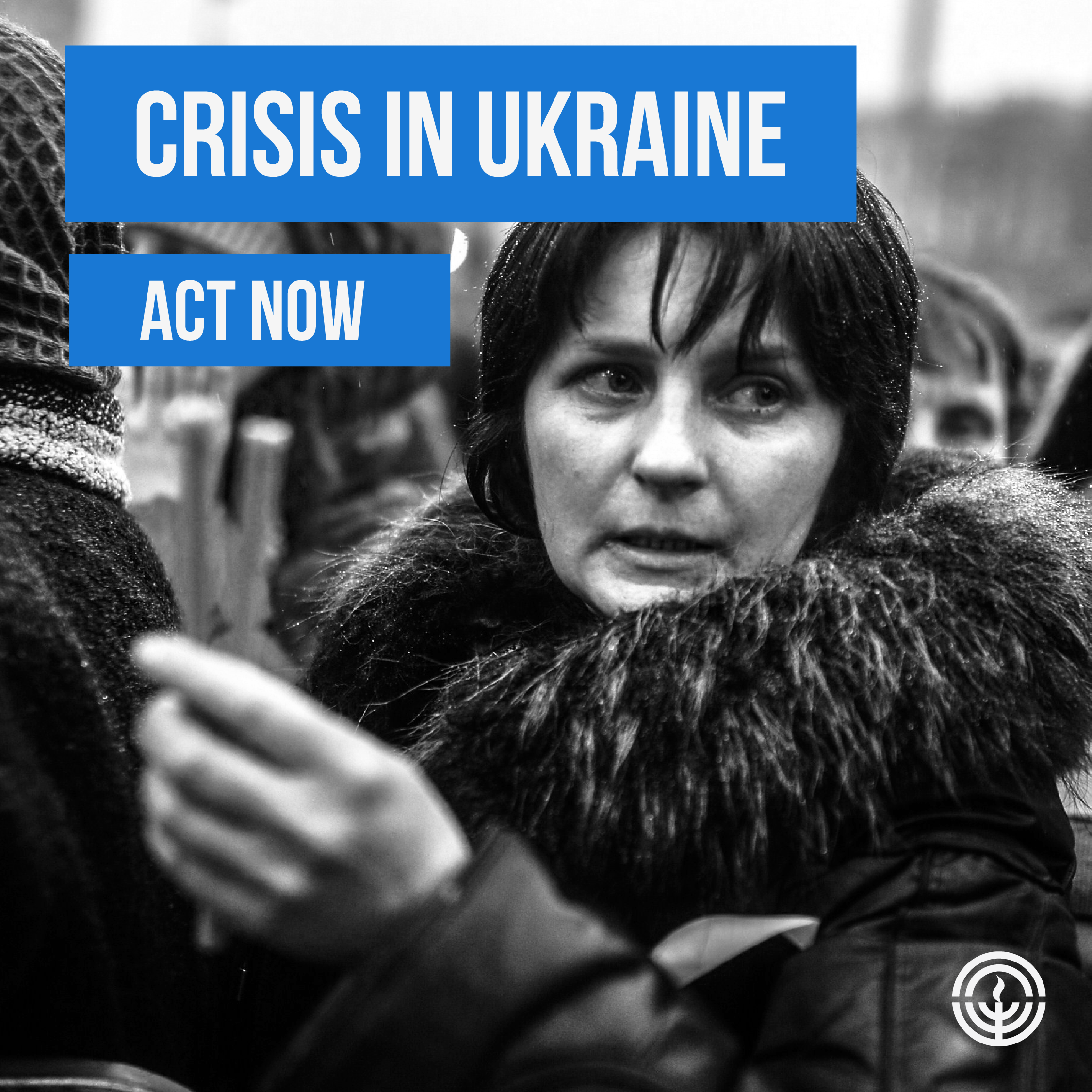
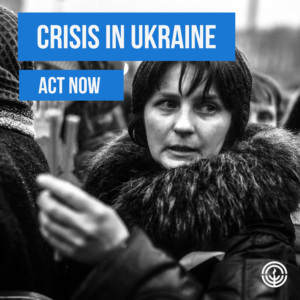 Federation’s Ukraine Emergency Relief Fund has been essential in helping vulnerable Ukrainian Jews find safety and shelter in Europe and make aliyah to Israel. In record time, you helped us raised more than $1.6M to provide food, shelter, clothing, cash, and counseling to thousands of Ukrainians fleeing the war. And we were thrilled late last week to receive a $1M gift to the fund from the Zalik Foundation, bringing our collective impact to more than $2.6M.
Federation’s Ukraine Emergency Relief Fund has been essential in helping vulnerable Ukrainian Jews find safety and shelter in Europe and make aliyah to Israel. In record time, you helped us raised more than $1.6M to provide food, shelter, clothing, cash, and counseling to thousands of Ukrainians fleeing the war. And we were thrilled late last week to receive a $1M gift to the fund from the Zalik Foundation, bringing our collective impact to more than $2.6M.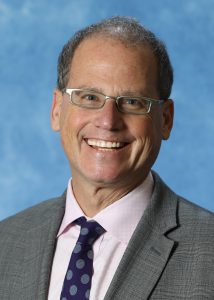
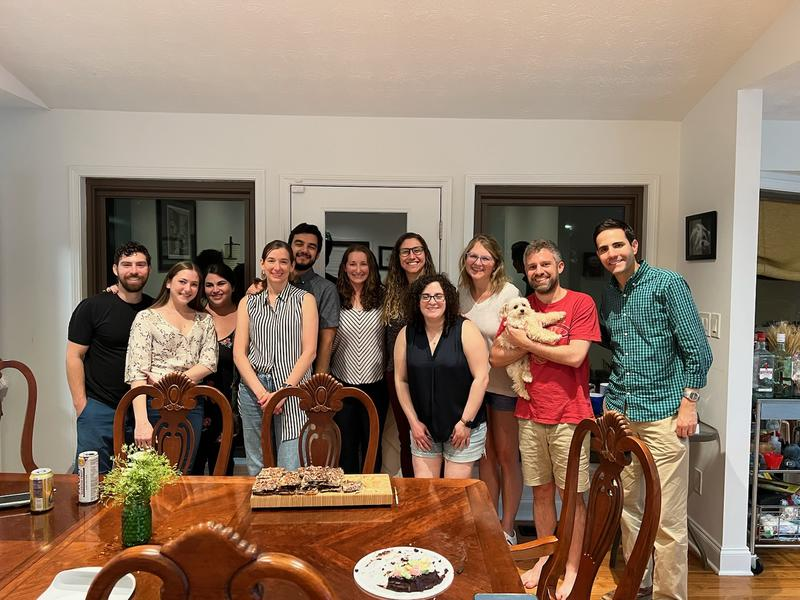
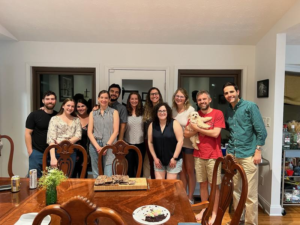 When you think of Moishe House programming, your first thought might be one of the four physical locations inside Atlanta’s perimeter, or one of the 150+ Moishe Houses spread across 30 countries around the globe. However, in Atlanta’s Northern suburbs, Moishe House Without Walls (MHWOW) has emerged as a compelling Jewish nexus for young adults to “do Jewish” together. With support from Federation’s Making Jewish Places initiative, three young adult leaders, known as MHWOW “hosts” have cultivated a Jewish community of friends and peers away from Atlanta’s city’s center by offering consistent programming at least once per month. The hosts decide who they want to invite, where they want to host, what Jewish topics they want to explore, and when they want to gather. Activities can range from Friday night Shabbat dinners, holiday observances, learning events, to cultural celebrations.
When you think of Moishe House programming, your first thought might be one of the four physical locations inside Atlanta’s perimeter, or one of the 150+ Moishe Houses spread across 30 countries around the globe. However, in Atlanta’s Northern suburbs, Moishe House Without Walls (MHWOW) has emerged as a compelling Jewish nexus for young adults to “do Jewish” together. With support from Federation’s Making Jewish Places initiative, three young adult leaders, known as MHWOW “hosts” have cultivated a Jewish community of friends and peers away from Atlanta’s city’s center by offering consistent programming at least once per month. The hosts decide who they want to invite, where they want to host, what Jewish topics they want to explore, and when they want to gather. Activities can range from Friday night Shabbat dinners, holiday observances, learning events, to cultural celebrations. As the U.S. begins to open its borders for immigration, we will likely see many refugees come to Atlanta. If you would like to be on JF&CS’s list to help with the needs of Ukrainian refugees,
As the U.S. begins to open its borders for immigration, we will likely see many refugees come to Atlanta. If you would like to be on JF&CS’s list to help with the needs of Ukrainian refugees, 
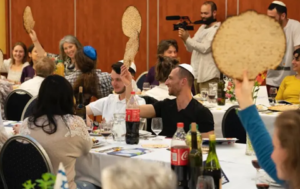
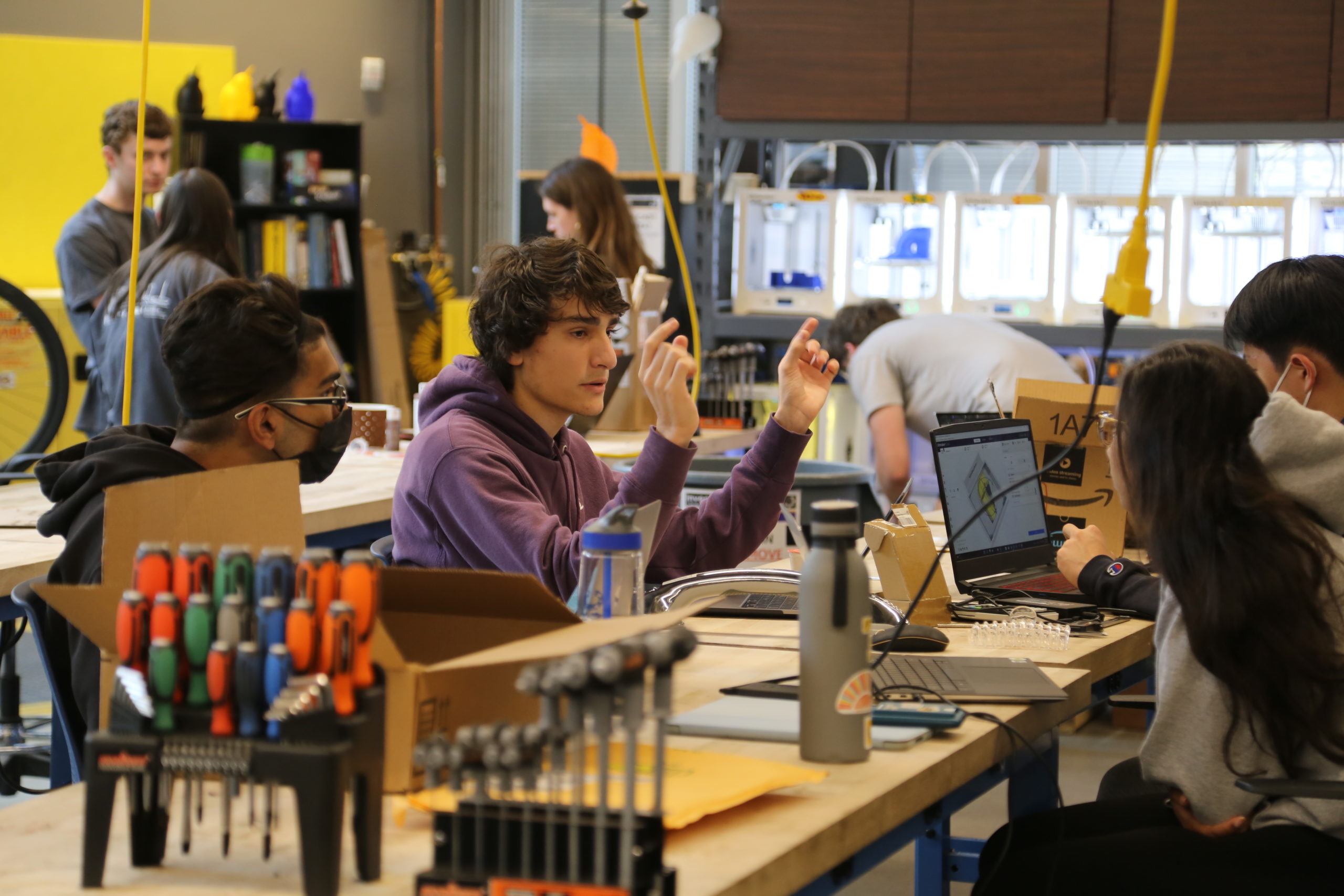
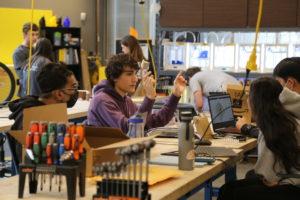 More than a year ago, Federation Innovation sponsored a Propel Pitch funding competition for social entrepreneurs in Atlanta. The first-place winner was a team from Georgia Tech known as
More than a year ago, Federation Innovation sponsored a Propel Pitch funding competition for social entrepreneurs in Atlanta. The first-place winner was a team from Georgia Tech known as 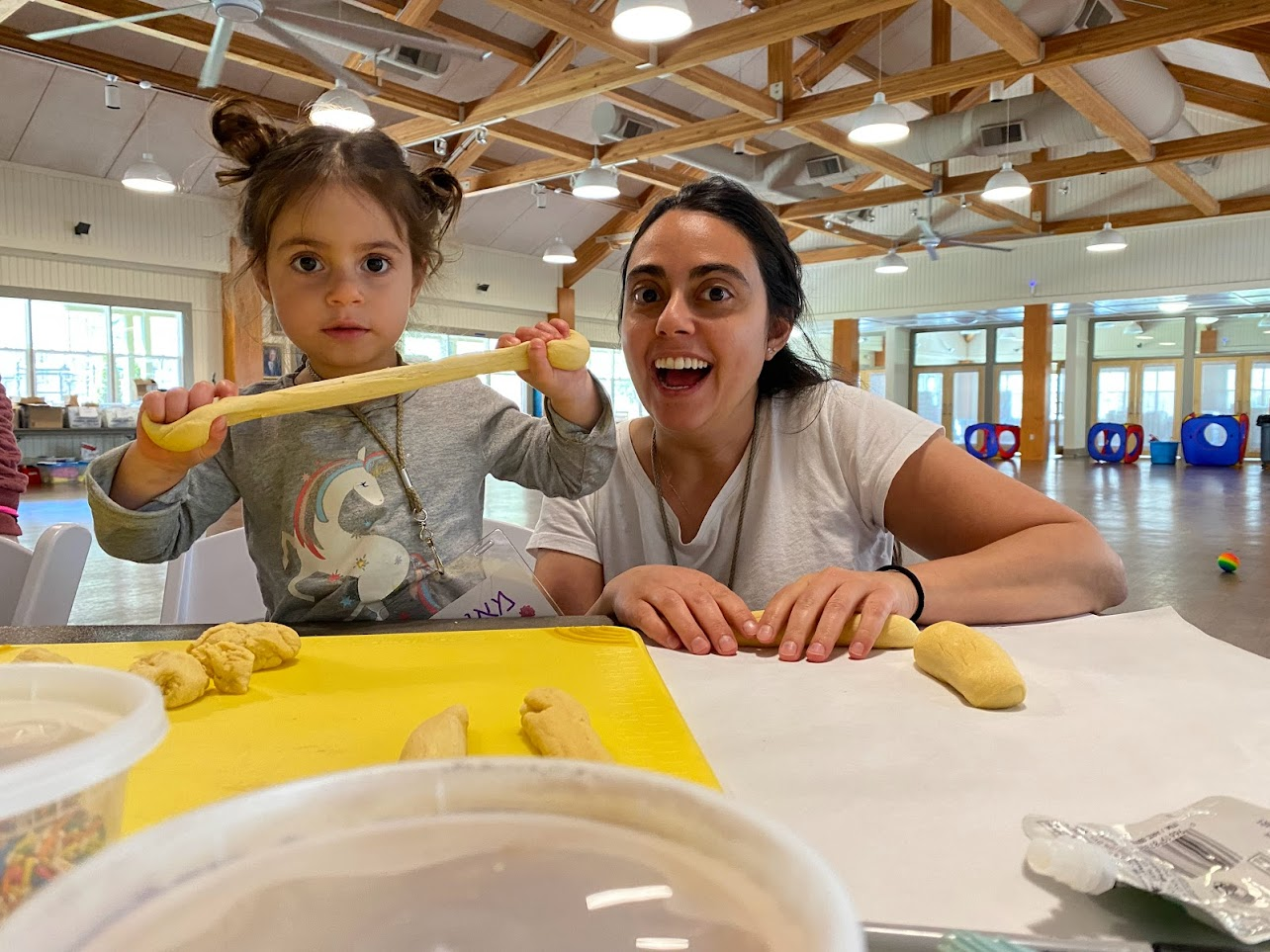
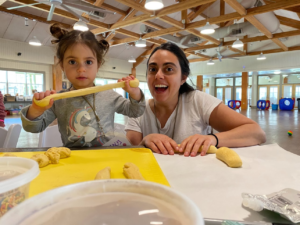 Earlier this month 27 families totaling nearly 100 people gathered for Family Camp: Passover Edition at Ramah Darom. Once again, Federation helped create and convene an immersive family camp weekend along with partners
Earlier this month 27 families totaling nearly 100 people gathered for Family Camp: Passover Edition at Ramah Darom. Once again, Federation helped create and convene an immersive family camp weekend along with partners 
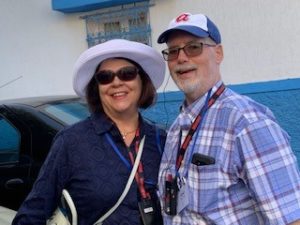 With Passover ten days away, many community members will need extra funds to purchase Passover food items. Jan and Marsha Spector, longtime supporters of the Jewish community, have created a Feed the Hungry Challenge Match to feed hungry Jews at Passover. The Spectors will match dollar-for-dollar up to $25,000, for new and or increased contributions made to the Maos Chitim Fund by the end of Passover.
With Passover ten days away, many community members will need extra funds to purchase Passover food items. Jan and Marsha Spector, longtime supporters of the Jewish community, have created a Feed the Hungry Challenge Match to feed hungry Jews at Passover. The Spectors will match dollar-for-dollar up to $25,000, for new and or increased contributions made to the Maos Chitim Fund by the end of Passover.

